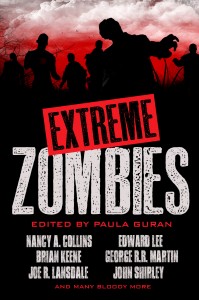“The Adakian Eagle” by Bradley Denton will be appearing in Prime’s forthcoming Year’s Best Science Fiction and Fantasy: 2012 edited by Rich Horton. Jennifer Konieczny interviews DeNiro on the story.
The protagonist notes, “And meeting Pop was how I wound up seeing the future. Trust me when I tell you that you don’t want to do that. Especially if the future you see isn’t even your own. Because then there’s not a goddamn thing you can do to change it.” If the opportunity presented itself, would you look into the future? Do you think your reaction to the future would be more like the Private’s or more like Pop’s?
Planning for the future is a good thing . . . but seeing every important detail of one’s own personal future life would be (in my opinion) awful. That would be the ultimate spoiler, wouldn’t it? We all see ourselves as the protagonists of our own stories–and nobody likes to be told the end of a story while the story’s in progress!
In that regard, I share the Private’s opinion. But if I did happen to see future events in the sort of detail that Pop does in “The Adakian Eagle,” I hope I would respond with the same kind of stoicism that he displays. (But I think Pop might have more strength of character than I do.)
MORE: Read the entire interview here!
